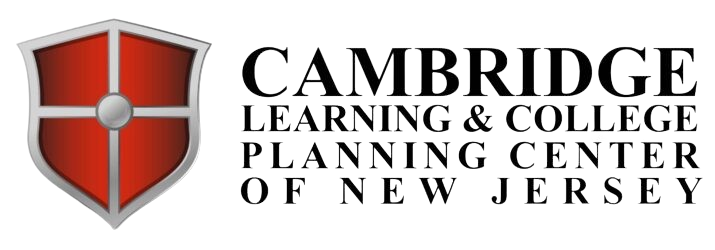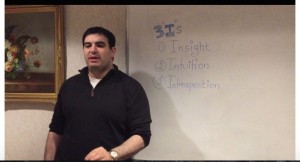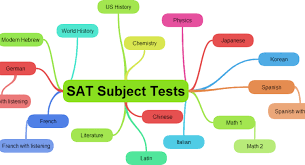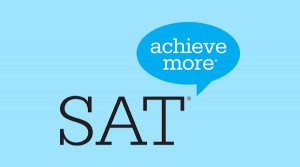
By Mr. Justin Buffer, MSE, Founder, Owner, and Educational Director
*****************************************************
As the Founder, Owner, and Educational Director of the Cambridge Learning Center of New Jersey in North Brunswick, one of the area’s most successful tutoring organizations, people often ask me my opinion on education in America. When doing speaking engagements or interviews, I am often asked what we can do to make public education better in the United States. While I could write a comprehensive book on that subject, I want to talk here about four of many solutions that immediately leap to mind. The topic of public education is very complex, but these four broad themes would quickly point us in a better direction.
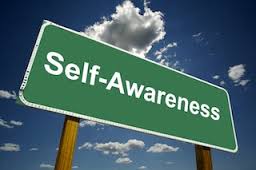
Self-Awareness: Number one would be to make students more aware of themselves. They are people with young minds, not a statistic that goes through the school system until successfully graduating. It is such a cliché, but they are our future. When I am saying self-aware, I mean they have to understand their own emotions. They need to have insight on why they do the things that they do and their motivation. Individuals who comprehend these concepts are better equipped to handle life. Sometimes we need to back away from the books and computers and help students in their maturity and personal development process. This is often called “EQ” or “Emotional Intelligence” in the world of popular psychology.
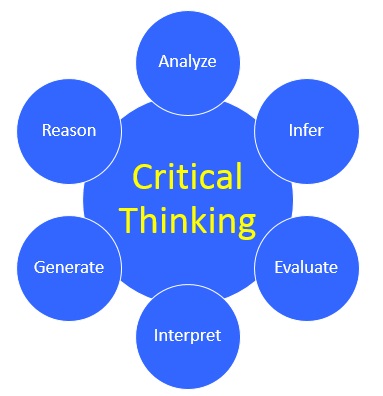
How to think critically and constructively: Second, we need to teach our young people how to think. A great deal of schooling is preparing these kids for tests, whether for a particular class or the various standardized versions. Too often, this means having them learn facts or formulas without any practical application or context. While rote memorization surely does have a role to play in the learning process, by training students to think through a situation or problem, they are going to be better equipped to avoid tripping over obstacles in their future.
A simple illustration of this is how we teach history, politics, and government, which I did for many years in a public school classroom and now here at Cambridge. You can see by the state of the country that many Americans do not really comprehend how our government operates. Often, classes related to this subject score lowest on a student’s interest. The conventional way of teaching them is to do readings and lectures starting with 1776 and working their way to the present. If a history class is lucky, it might actually reach the twenty-first century by the end of the term. Rather than such a linear approach, let’s shake things up in an interesting manner. Usually, a common segment of history is teaching about great American inventions. Show the class an iPhone. Actually, since most of the students have a smartphone of some type, have them take it out and place on the desk. Talk about all the wonderful things it does and then work backward on the various incarnations of the telephone for the last 150 years until you get to Alexander Graham Bell. This tactic will help them appreciate and remember the phone’s development and possibly develop a deeper sense of gratitude for those who came before us. A teacher can use this same technique in explaining how the three branches of government operate. Make it pertinent!

Writing skills enrichment across the board: A third item we need to address in schools is writing. Communication is so important in this day and age. It is imperative that students know how to write naturally and correctly. You rarely can boil down a complex issue into 140 characters. Teachers of all subjects need to work with their students on their writing ability. If a science teacher asks for a report, for example, then he or she should also be correcting and coaching the student on the writing itself, as well as the content. Another option is to have writing specialists in schools read what students compose for all their subjects and provide the insight for becoming a better writer. I have a friend who is an editor, and he cringes at the state of people’s writing in academia and business. He doesn’t understand how leaders in business or people with college and advanced degrees are able to effectively function with their writing ability. The only way a student will improve is to receive constant constructive feedback on how they write. It needs to be a focus in school for the good of our country.
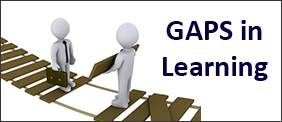
Filling in learning gaps/unifying the curriculum: Last, but just as important, is that educators have to realize there are gaps in their curriculum. Standardized tests matter so much in determining a student’s and a school’s future. It is impossible for a student in Wyoming to learn exactly the same thing as a student in California or in New Jersey and vice-versa. Learning centers like Cambridge and others fill in these gaps. School districts have to acknowledge this situation and then seek out and work with those entities to prepare the student for their future.
After all, isn’t that what education is about? We are not looking just to have students graduate high school and move on. We want them to be prepared for the adult phase of their life. That is how we truly rate the fruits of education – with young people successfully moving on to higher levels of learning and/or to their careers.
Our educational system is truly the DNA that will determine the qualitative nature of our country’s future. We must not just “invest” money in this vital component of our culture but also time, energy, and effort to implement new ideas to help us continue to be the thought leader of the free world.

